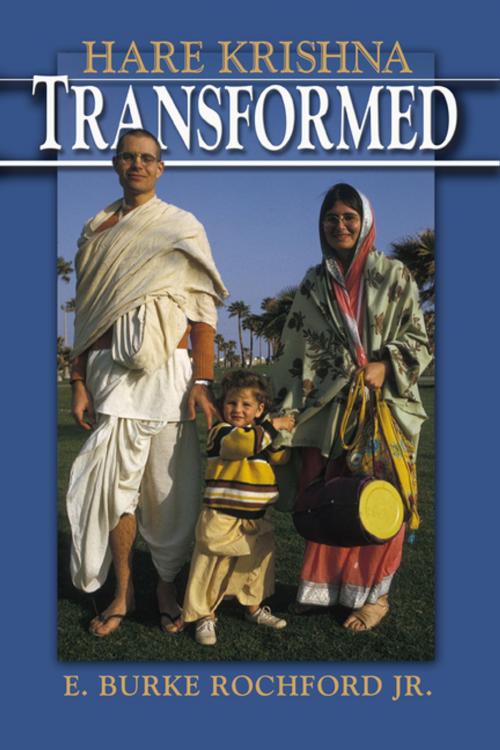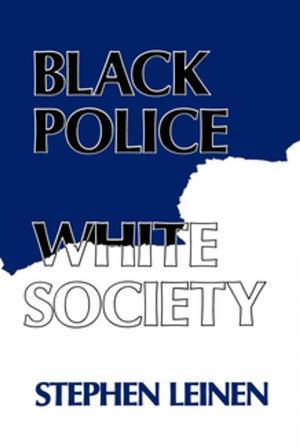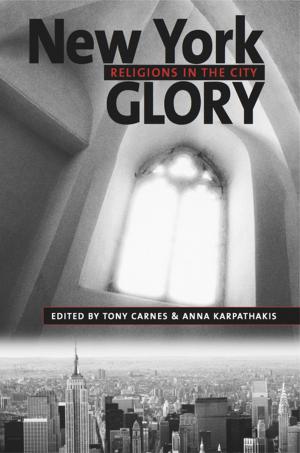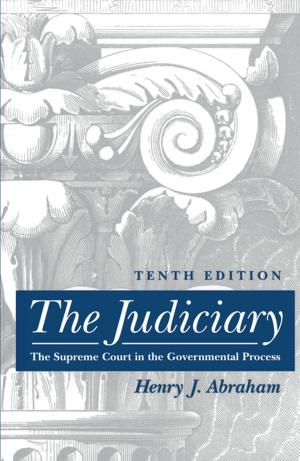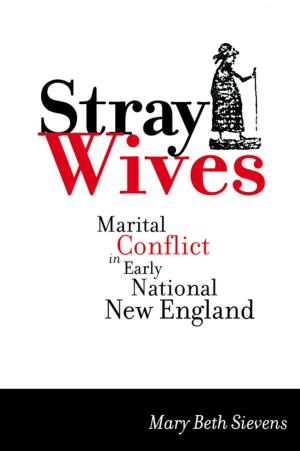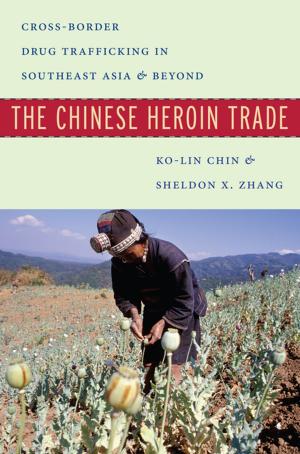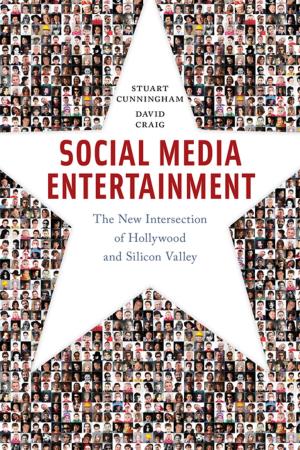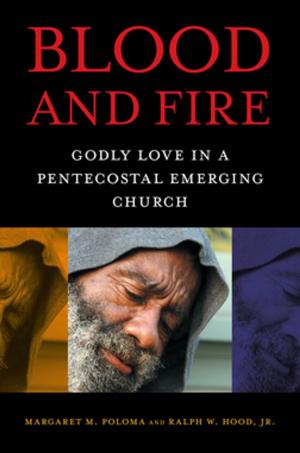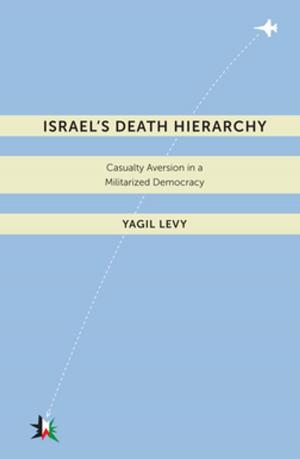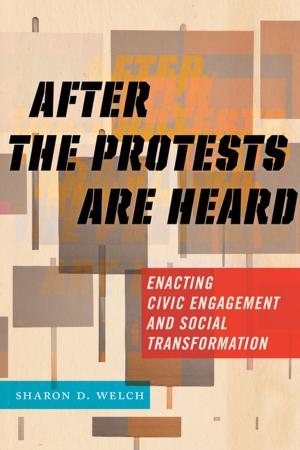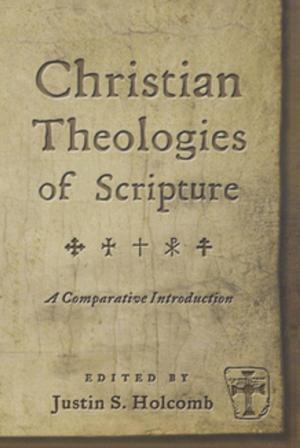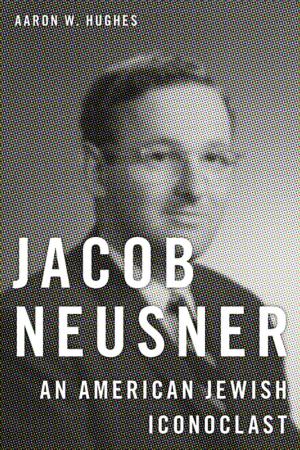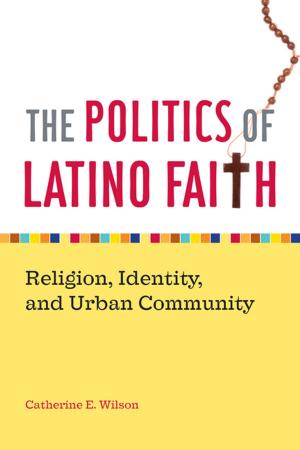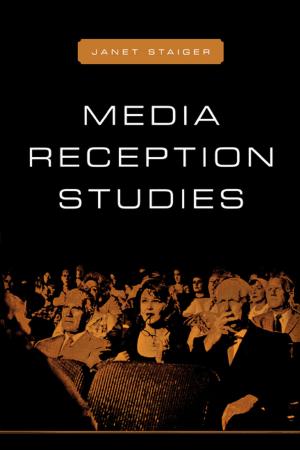| Author: | E. Burke Rochford | ISBN: | 9780814776889 |
| Publisher: | NYU Press | Publication: | May 1, 2007 |
| Imprint: | NYU Press | Language: | English |
| Author: | E. Burke Rochford |
| ISBN: | 9780814776889 |
| Publisher: | NYU Press |
| Publication: | May 1, 2007 |
| Imprint: | NYU Press |
| Language: | English |
Most widely known for its adherents chanting “Hare Krishna” and distributing religious literature on the streets of American cities, the Hare Krishna movement was founded in New York City in 1965 by A. C. Bhaktivedanta Swami Prabhupada. Formally known as the International Society for Krishna Consciousness, or ISKCON, it is based on the Hindu Vedic scriptures and is a Western outgrowth of a popular yoga tradition which began in the 16th century.
In its first generation ISKCON actively deterred marriage and the nuclear family, denigrated women, and viewed the raising of children as a distraction from devotees' spiritual responsibilities. Yet since the death of its founder in 1977, there has been a growing women’s rights movement and also a highly publicized child abuse scandal. Most strikingly, this movement has transformed into one that now embraces the nuclear family and is more accepting of both women and children, steps taken out of necessity to sustain itself as a religious movement into the next generation. At the same time, it is now struggling to contend with the consequences of its recent outreach into the India-born American Hindu community.
Based on three decades of in-depth research and participant observation, Hare Krishna Transformed explores dramatic changes in this new religious movement over the course of two generations from its founding.
Most widely known for its adherents chanting “Hare Krishna” and distributing religious literature on the streets of American cities, the Hare Krishna movement was founded in New York City in 1965 by A. C. Bhaktivedanta Swami Prabhupada. Formally known as the International Society for Krishna Consciousness, or ISKCON, it is based on the Hindu Vedic scriptures and is a Western outgrowth of a popular yoga tradition which began in the 16th century.
In its first generation ISKCON actively deterred marriage and the nuclear family, denigrated women, and viewed the raising of children as a distraction from devotees' spiritual responsibilities. Yet since the death of its founder in 1977, there has been a growing women’s rights movement and also a highly publicized child abuse scandal. Most strikingly, this movement has transformed into one that now embraces the nuclear family and is more accepting of both women and children, steps taken out of necessity to sustain itself as a religious movement into the next generation. At the same time, it is now struggling to contend with the consequences of its recent outreach into the India-born American Hindu community.
Based on three decades of in-depth research and participant observation, Hare Krishna Transformed explores dramatic changes in this new religious movement over the course of two generations from its founding.
